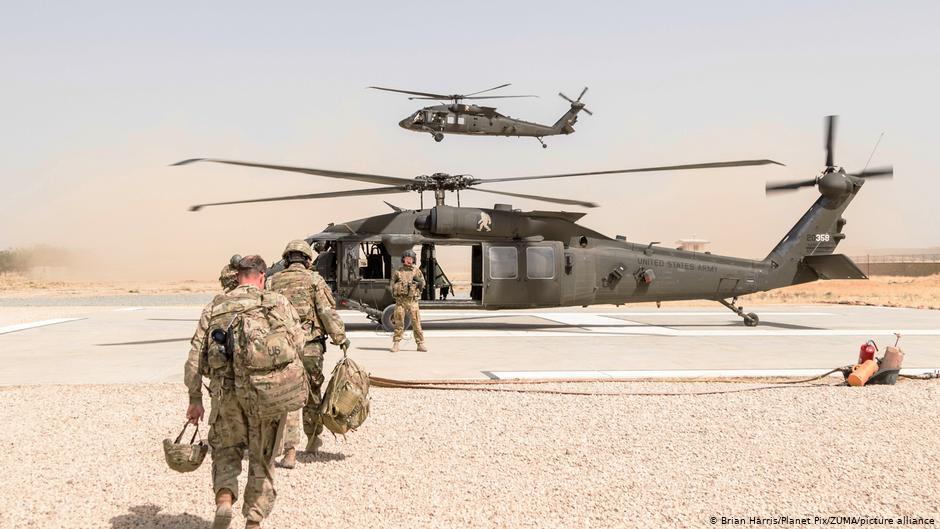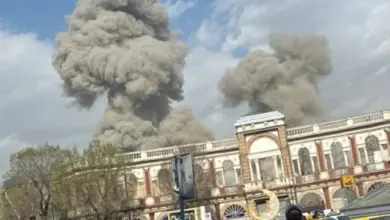
On Wednesday, President Joe Biden told the US broadcaster ABC that it would be “tough” to withdraw the remaining 2,500 American troops from Afghanistan by May.
“I am in the process of making that decision now as to when they will leave,” Biden said. “It could happen, but it is tough.”
The Taliban immediately responded, telling the AFP news agency that there would be “consequences” if the US did not pull out its troops by the designated May 1 deadline.
“The Americans should end their occupation in accordance with the Doha deal and fully withdraw their forces from Afghanistan by May 1,” a Taliban spokesman told AFP. “If they don’t do it, be it for any reason or pretexts, then they will be responsible for the consequences.”
Another round of talks
The interview aired one day before Russia, China, the US, Pakistan, a delegation of major Afghan leaders and opposition members, and Taliban negotiators were expected to meet in Moscow in an attempt to refresh stalled peace talks.
Some US officials and international experts have warned that if US-led forces were to leave the country before a peace deal is formally hashed out, Afghanistan could fall into a new civil war. Former US President Donald Trump cut troop numbers to the 2,500 in the country now during his final days in office. That is the lowest figure since the US invaded in 2001 following the September 11 attacks.
Biden said during the ABC interview that the agreement that was signed under Trump was not “very solidly negotiated.”
“The failure to have an orderly transition from the Trump presidency to my presidency…has cost me time and consequences. That’s one of the issues we’re talking about now, in terms of Afghanistan,” said Biden, who demanded a review of the previous deal after taking office.
The deal under Trump determined a conditions-based withdrawal of US troops. The pull out occurred despite a jump in violence in Afghanistan, which has been mostly blamed on the Taliban. The US said the Taliban’s failure to completely cut ties with al Qaeda lead to a six-month delay in talks.
The Taliban has denied that al Qaeda has members in Afghanistan, and has denied responsibility for the uptick in violence in the country.The current deal also called for US-supported Afghan president Ashraf Ghani to surrender power to an interim administration, half of which would be selected by the Taliban. Ghani has refused to do so.
By DW News




